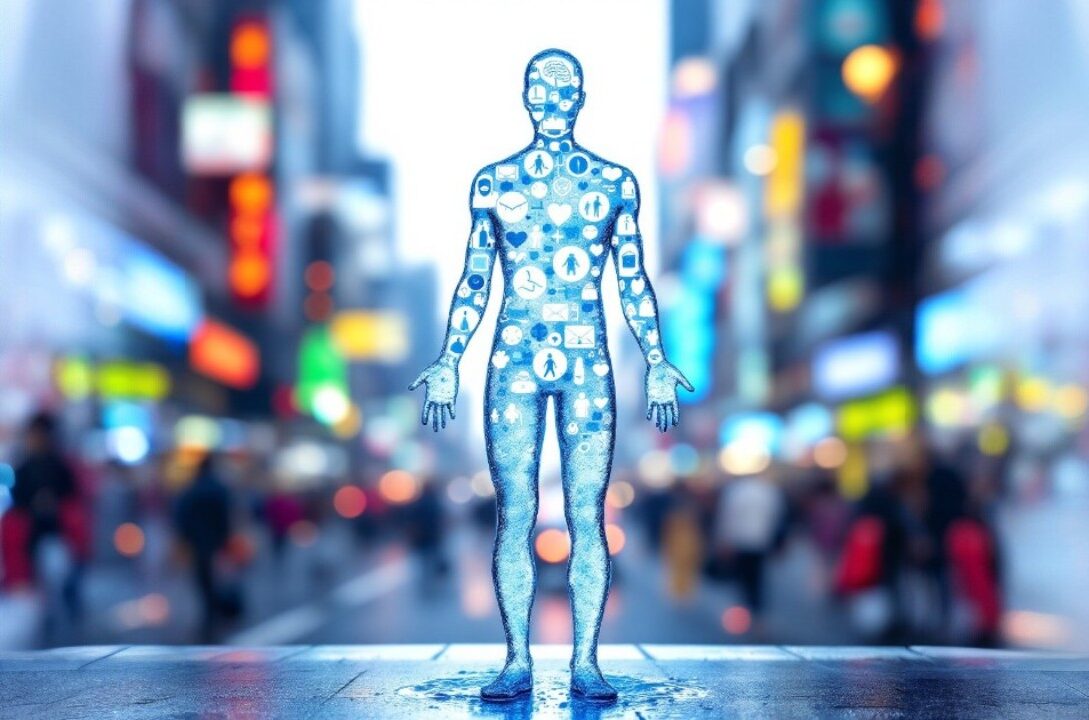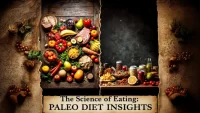Hydration is often overlooked, yet it plays a vital role in maintaining radiant skin and overall well-being. Proper hydration impacts digestion, brain function, weight management, and immune health. However, not all hydration methods are equal—understanding how and what to drink can make all the difference.
The Science Behind Hydration and Skin Health
Water is the foundation of healthy skin. Since the human body is composed of approximately 60% water, dehydration can quickly reflect on the skin. When the body lacks sufficient water, it can lead to dryness, fine lines, and loss of elasticity. Proper hydration helps:
- Flush out toxins that cause breakouts and dullness
- Maintain skin elasticity, reducing premature wrinkles
- Deliver essential nutrients to skin cells
- Improve circulation, giving skin a natural glow
How Dehydration Affects Your Body
Lack of hydration doesn’t just affect your skin; it has widespread consequences, including:
- Fatigue and low energy levels
- Headaches and dizziness
- Poor digestion and constipation
- Increased risk of kidney stones
- Weakened immune function
How Much Water Do You Really Need?
The widely known “8 glasses a day” rule is a good start, but hydration needs vary based on age, activity level, climate, and overall health. Here’s a more personalized guideline:
- Men: About 3.7 liters (125 ounces) per day
- Women: About 2.7 liters (91 ounces) per day
- Athletes or active individuals: Require more based on sweat loss
- People in hot climates: Increased water intake is necessary to combat heat loss
Best Ways to Stay Hydrated
Drinking plain water isn’t the only way to stay hydrated. Incorporate these hydration-boosting strategies:
Eat Water-Rich Foods
Foods with high water content can significantly contribute to daily hydration:
- Cucumber (96% water)
- Watermelon (92% water)
- Strawberries (91% water)
- Oranges (86% water)
- Spinach (93% water)
Choose Hydrating Beverages Wisely
Not all drinks are equally hydrating. Some drinks support hydration better than others:
- Coconut water: Rich in electrolytes
- Herbal teas: Caffeine-free and full of antioxidants
- Milk: Provides hydration along with essential nutrients
- Fruit-infused water: Enhances taste without added sugar
The Link Between Hydration and Aging
Hydration slows down aging by keeping the skin plump, reducing the appearance of wrinkles, and improving cell regeneration. Chronic dehydration can lead to early aging signs like:
- Sagging skin due to collagen breakdown
- Dull complexion from lack of oxygenation
- Increased fine lines and wrinkles
Hydration and Gut Health
Water plays a major role in digestion and gut health. It helps break down food, absorb nutrients efficiently, and prevent constipation. Staying hydrated ensures:
- Proper digestive enzyme function
- Smoother bowel movements
- A balanced gut microbiome
Can You Overhydrate? The Risks of Drinking Too Much Water
While hydration is crucial, overhydration (hyponatremia) can be dangerous. Drinking excessive amounts of water dilutes sodium levels in the blood, leading to symptoms such as:
- Nausea and vomiting
- Confusion or headaches
- Swelling in hands and feet
- Severe cases can lead to coma
Simple Habits to Boost Hydration Daily
- Start your morning with a glass of water to kickstart metabolism
- Carry a reusable water bottle for easy hydration throughout the day
- Set hydration reminders on your phone
- Drink water before meals to aid digestion
- Monitor urine color—pale yellow is ideal for hydration
Conclusion
Hydration is the foundation of overall health and beauty. From promoting glowing skin to boosting energy, digestion, and brain function, proper water intake is crucial. By making hydration a daily priority, we can enhance our well-being and age gracefully. Start implementing hydration habits today and experience the benefits of better health and radiant skin!
Frequently Asked Questions (FAQs)
1. Can I hydrate my skin without drinking water?
Yes! Using moisturizers, hydrating serums, and facial mists helps retain skin moisture. Eating water-rich foods also contributes to hydration.
2. How can I tell if I’m dehydrated?
Common signs include dry lips, dark urine, headaches, dizziness, and fatigue. If you experience these symptoms, increase your water intake.
3. Does coffee dehydrate you?
While coffee has a mild diuretic effect, moderate consumption does not significantly dehydrate the body. However, excessive caffeine intake may contribute to dehydration.
4. What’s the best time to drink water for glowing skin?
Drinking water first thing in the morning and throughout the day helps maintain hydration. A glass before bed also supports overnight skin repair.
5. Are sports drinks better than water?
For most people, water is sufficient. However, sports drinks can be beneficial after intense workouts due to their electrolyte content.











